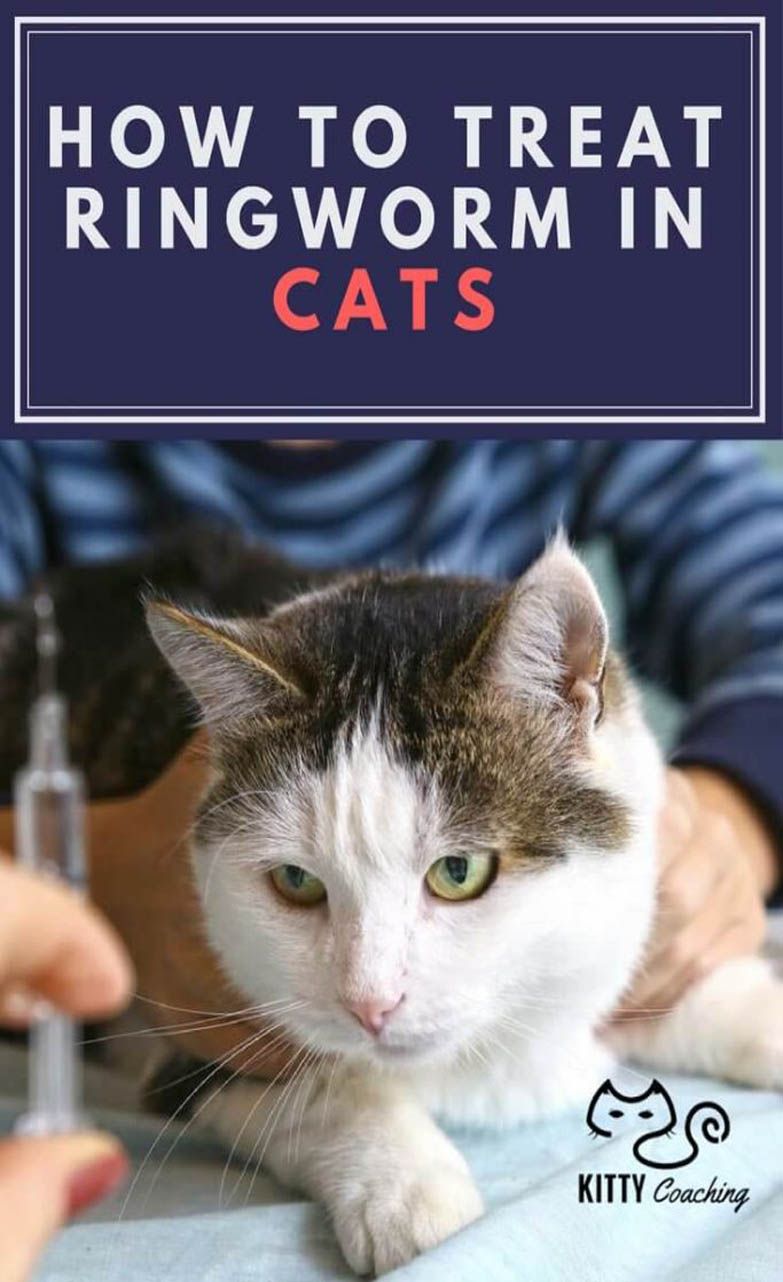Worms In Cats Eyes Treatment

These nasty pests are acquired in a number of ways.
Worms in cats eyes treatment. There they develop into larvae that are ingested by certain flies such as the face fly. Kittens catch worms from their mother s milk and adult cats catch them from fleas and hunting rats mice and birds. Why it happens the roundworm parasites responsible for toxocariasis called toxocara live in the digestive system of dogs cats and foxes. Oral treatments may also be effective but physical removal is often the first choice for treatment.
A blood test can usually detect toxocariasis although you may need an eye examination to look for parasites if your eyes are affected. The eyeworm can infect dogs cats sheep deer and other mammals and cause a disease known as thelaziasis. The adult female worm lays her eggs in the tears. Follow advice from your vet to find the most suitable preventative method for your cat and how often you should treat them.
Symptoms causes and treatments. Many of these worms in cats can infect humans. Worms live in the intestines steal food and cause damage to the gut lining. Worms in cats include ringworm roundworms tapeworm hookworms and lungworms.
Adults can have this treatment every two to six months. Here are the symptoms to look for and info on the treatment for worms. Also see professional content regarding eyeworms in small animals. And sometimes the eyes where they can cause impaired or even complete loss of vision.
Kittens can pick up worm eggs via their mother s milk young cats may get hookworm infections via their skin and tapeworms are caught by ingesting fleas infected rodents and rabbits. Eyeworms live in the tear ducts between the eye and the lids. Kittens can have monthly preventative treatment against tapeworms from six weeks of age and every three months from six months of age. Although worms rarely cause serious problems in adult cats they can cause very serious illness such as dehydration anaemia gut blockages and even death in kittens.
Thelaziasis treatment worms can be removed under anaesthesia and the eyes treated with antibiotics. A cat that has intestinal worms may suffer from diarrhea loss of appetite or vomiting with the severity of symptoms dependent on the type of worm and how heavy the infestation is. Tapeworms and whipworms typically cause mild symptoms both experts say adding that severe infestations with roundworms and hookworms can make your cat seriously ill and may even cause anemia depending on how. Worms in cats and kittens are very common and whilst they might be a concern to owners they do not usually have serious consequences and are easy to treat.
Washing hands after petting an animal is a good way to prevent infection.



















